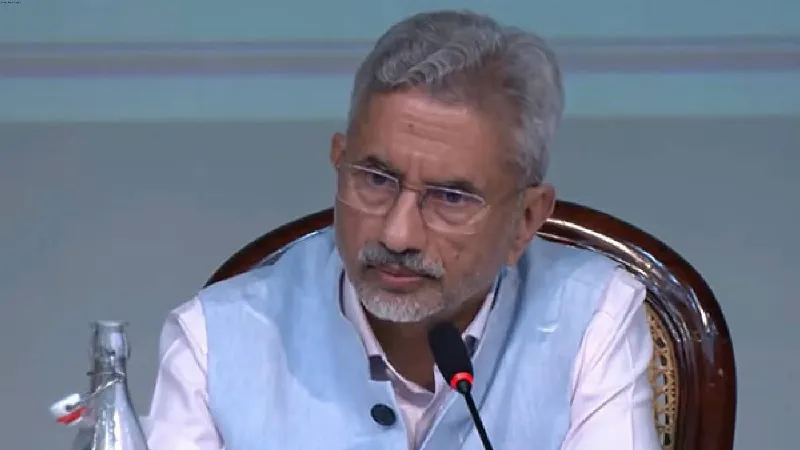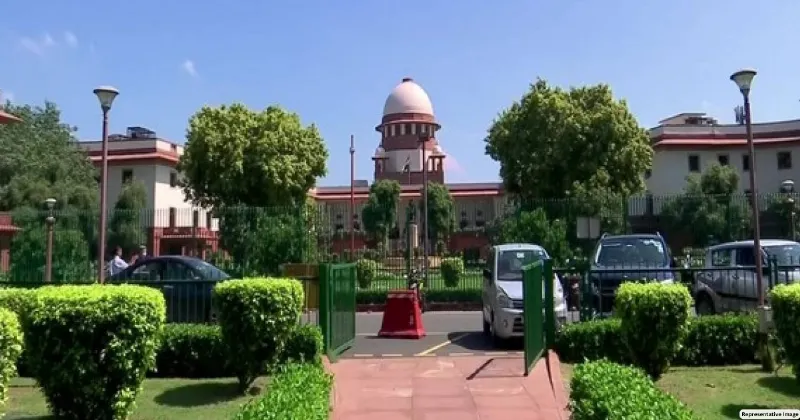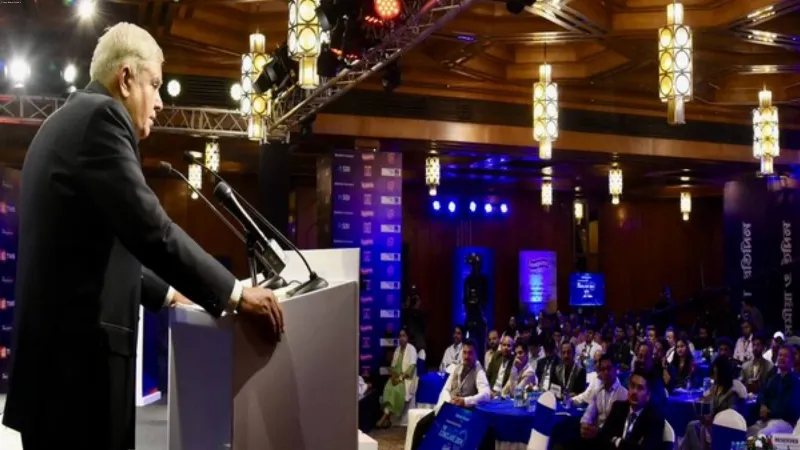Latest News
Rajya Sabha passes Bill to provide fixed 50-year production lease for offshore minerals

New Delhi: The Rajya Sabha on Thursday passed the Offshore Areas Minerals (Development and Regulation) Amendment Bill, 2023 to provide a fixed 50-year production lease for offshore minerals.
The Bill, which seeks amendment to the Offshore Areas Mineral (Development and Regulation) Act, 2002, was passed by a voice vote as the Opposition staged a walkout from the House and did not participated in the debate.
Replying to the debate on the Bill, Coal and Mines Minister Pralhad Joshi said the Bill aims to create a transparent auction route for the allocation of mines.
The Bill also seeks to provide for the grant of production lease to the private sector only through auction by competitive bidding. It also provides for the grant of operating rights without competitive bidding to a government or a government company, or a corporation in the mineral-bearing areas reserved by the central government.
The Bill, which was passed by the Lok Sabha on August 1, introduces a composite licence for granting rights for exploration as well as production. Under the composite license, the licensee will be required to complete the exploration within three years. This may be extended by two years upon application by the licensee. If mineral resources have been established, the licensee will be granted one or more production leases for the explored area.
The maximum area for undertaking exploration under a single composite license will be 30 minutes latitude by 30 minutes longitude. The maximum area for undertaking production under a single composite license will be 15 minutes latitude by 15 minutes longitude.
The Bill also provides that a production lease, as well as a production lease under a composite licence, will be valid for 50 years.
The Bill mandates competitive bidding for a production lease and a composite license to private entities. Applications for production leases before the date on which provisions of the Bill come into effect will be void.
An exploration licence granted before the date on which provisions of the Bill come into effect will be ineligible to acquire a production lease on the explored area.
The Bill allows the administering authority to grant a composite licence or production lease to the government or a government company. Joint ventures of government companies will also be eligible, subject to certain conditions. These are the partner must be selected through a competitive process, and the government company owns at least 74 per cent of the paid-up share capital.
The Bill adds that in the case of atomic minerals, exploration, production, and composite licenses will be granted only to the government or government companies. Atomic minerals are defined in the Mines and Minerals (Development and Regulation) Act, of 1957. These include rare earth minerals containing uranium or thorium, pitchblende and uranium ores, and uriniferous allanite, monazite, and other thorium minerals.
The Bill also limits the maximum area one entity can acquire under all concessions to 45 minutes latitude by 45 minutes longitude.
The Bill sets up the Offshore Areas Mineral Trust. Concession holders will be required to pay an amount to the Trust in addition to any royalty. The funds will be used for specified purposes including exploration in offshore areas, research and studies about the mitigation of adverse effects of offshore mining on the ecology, and relief upon the occurrence of a disaster.
The Bill increases fines for various offences. For instance, under the Act, conducting any activity without a permit or licence is punishable with imprisonment of up to five years, a fine of up to Rs 50,000, or both. As per the Bill, the fine for this offence will be between five lakh rupees and Rs 10 lakh.




















